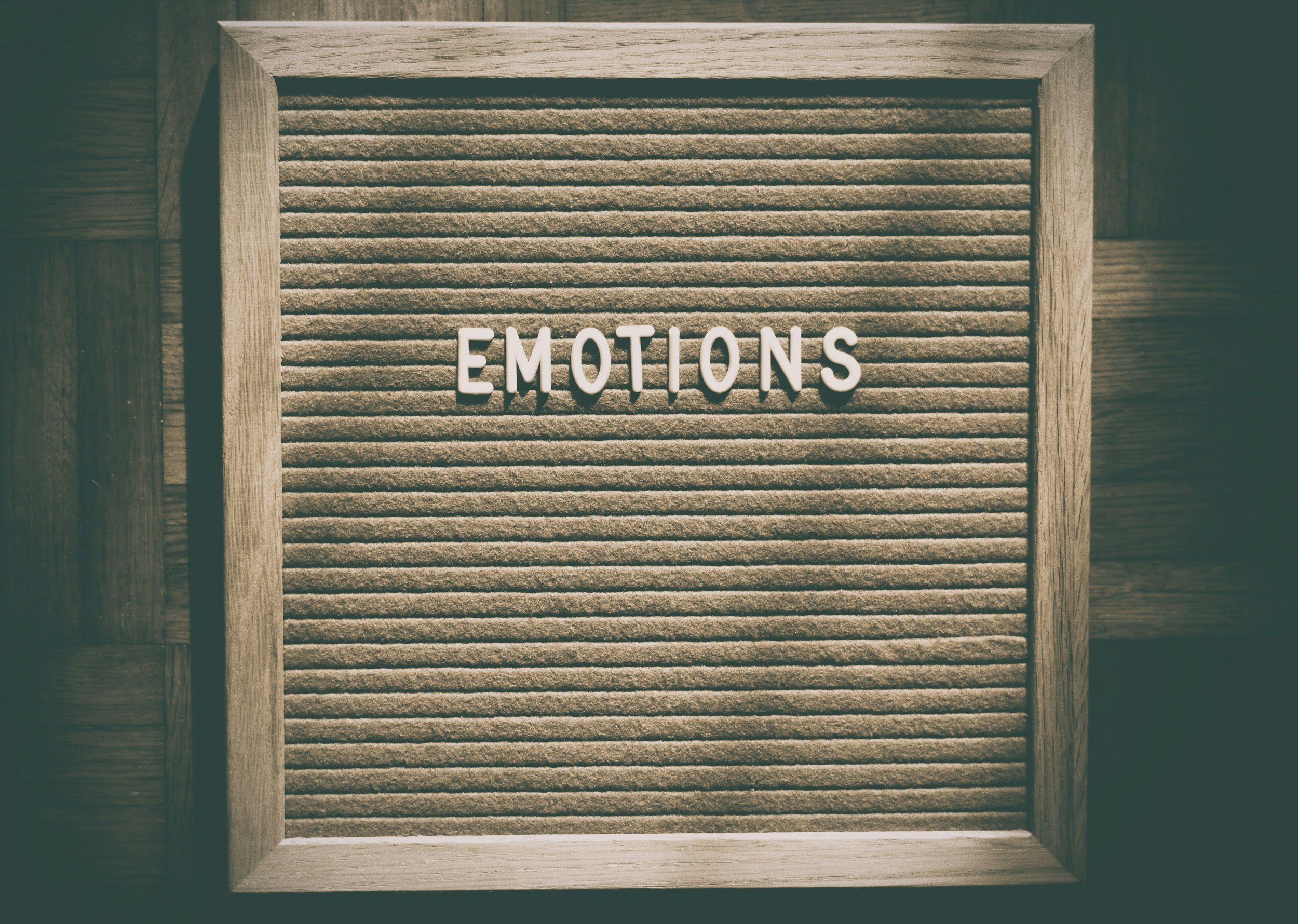Understanding Anxiety
Anxiety is one of the most common mental health conditions affecting people from all walks of life. If you struggle with anxiety, be assured you are not alone, a staggering 15 million Americans are diagnosed with an anxiety disorder every year. Symptoms of anxiety can take a toll and, left untreated, can significantly reduce our quality of life. Symptoms of anxiety include excessive worrying, fatigue and lethargy, difficulty concentrating and making decisions, memory, restlessness, irritability, intrusive thoughts, hopelessness or worthlessness, social withdrawal and more. It is essential to recognize warning signs early and to seek treatment, to improve coping skills and reduce the risk of these symptoms worsening and becoming chronic.
It's all a matter of degree
It is all a matter of the degree of anxiety. Anxiety is a normal emotional response to threats, and we are hardwired to look for threats in the environment. When anxiety levels are high, the fight or flight response activates to provide necessary resources to the body to prepare for escape. The fight or flight response is a biological reaction to anxiety and fear that is a product of evolution and hardwired in humans. This automatic response kicks in during perceived danger to help the body react quickly and effectively. The sympathetic nervous system is activated during the fight or flight response, releasing hormones such as adrenaline, norepinephrine, cortisol, and other neurochemicals into the bloodstream. These hormones trigger physical reactions such as rapid heart rate, increased breathing, sweating, dilated pupils, and increased blood pressure. This instantaneous anxiety response was adaptive in prehistoric times and was passed down through evolution.
While fight or flight is part of our evolution, the threat of attack by animal predators is no longer a daily concern. Evolution is slow to integrate changes, and we still are biologically wired to respond as we did in prehistorical times. This means that everyday stressful experiences (i.e., relationships, financial stress, workplace conflict) or catastrophizing thoughts (i.e., "I am going to fail" or "Everyone is going to find out I don't know what I am doing"), activate the fight or flight response. In today's society, it is not adaptive to fight or flee when anxiety is high due to daily stress, leaving the individual stuck in biological readiness to overcome a threat. Being stuck in fight or flight is like revving a car engine in park and never changing gears to drive; eventually, the engine breaks down and stops working. The same thing can happen to people stuck in the fight or flight response; the body is revved up and stays biologically stuck without physical release leading to possible depression and burnout.
So how do you get out of fight or flight?
The quickest way to lower anxiety and get out of fight or flight is to work with your biology. Cardiovascular exercise is extremely effective in releasing us from fight or flight. Your biology doesn't know the difference between running from a lion or a brisk walk/jogging around the neighbourhood for exercise. Any cardiovascular exercise that increases your heart rate will help you reduce your anxiety. Lifestyle changes are also important in managing anxiety. Some of the key lifestyle changes identified in research for maintaining or improving mental health are: getting a good night's sleep, eating healthy foods for good nutrition, and consistent physical exercise. In cases where anxiety interferes with a person's quality of life or ability to function, professional help is the best strategy to manage anxiety and reduce unwanted thoughts and reactions to prevent these symptoms from worsening.
If you are experiencing anxiety that is interfering with your quality of life, there are many psychotherapy treatments that are very effective in reducing anxiety. You are not alone. Considering seeking help from a qualified licenced psychologist.
About Dr. Kellie
Dr. Kellie Hadden completed her Ph.D. in 2002, graduating from the University of Saskatchewan. She has been a professor in the Department of Psychology, at Memorial University, since 2001. She has been the Director of Clinical Training for the PsyD program and is actively involved in training clinical psychologists. Dr. Hadden is a clinical psychologist with over 20 years experience helping people resolve mental health barriers to a meaningful life.
Dr. Hadden is passionate about helping people understand themselves and learn coping mechanisms to manage critical thoughts and overwhelming emotions. Do you ever wonder why you do the things you do that undermine your relationships and happiness? Dr. Hadden can help you understand why you repeat patterns that keep you stuck and unable to move forward to a healthy life. She will teach you ways to cope differently with your challenges, break free from the past and chart a new course for the future.
Related Articles
Ready to start your mental health journey?





